Chili pequin (Capsicum annuum var. aviculare) is a small, fiery pepper native to Mexico and the Southwestern United States, with a Scoville Heat Unit (SHU) rating of 40,000–60,000—making it significantly hotter than jalapeños but milder than habaneros. This guide covers everything you need to know about chili pequin, including its heat level, culinary uses, buying tips, storage methods, and FAQs.
Table of Contents
- What Is Chili Pequin?
- Chili Pequin Heat Level Explained
- Creative Uses for Chili Pequin
- Comprehensive Buying Guide
- Practical Usage Tips
- Frequently Asked Questions
- Conclusion
What Is Chili Pequin?
The chili pequin is a small, red chili pepper native to Mexico and the southwestern United States. Its name translates to "little pepper" in Spanish, reflecting its diminutive size (typically 0.25-0.5 inches long). Despite its small stature, it packs a powerful punch with a Scoville rating of 40,000-60,000 SHU. The pepper has a wrinkled texture, vibrant red color when ripe, and a complex flavor profile featuring smoky, fruity notes alongside intense heat.
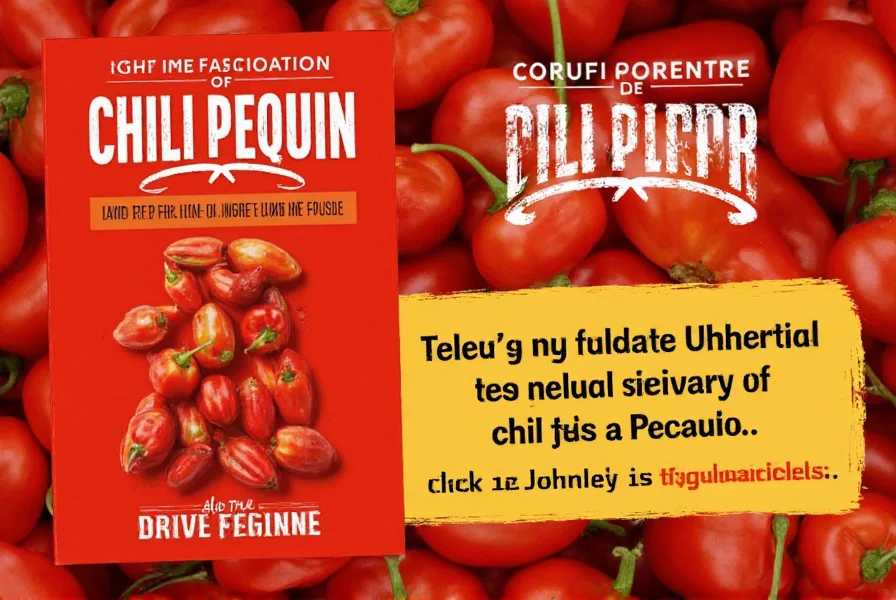
Chili pequin is commonly used fresh, dried, or ground into powder. Fresh peppers offer a bright, tangy heat, while dried versions develop deeper smoky notes. Ground chili pequin is a staple in Mexican cuisine for salsas, rubs, and sauces, adding complexity without overwhelming heat like superhot peppers.
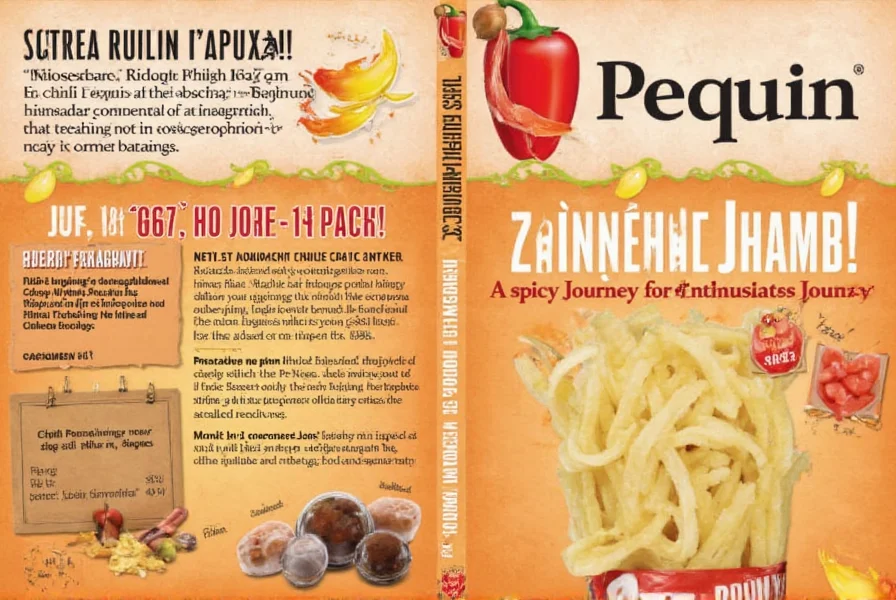
Chili Pequin Heat Level Explained
On the Scoville scale, chili pequin ranks between 40,000-60,000 SHU. For comparison:
| Pepper Type | Scoville Heat Units (SHU) | Relative Heat Level |
|---|---|---|
| Jalapeño | 2,500-8,000 | Mild |
| Cayenne | 30,000-50,000 | Medium |
| Chili Pequin | 40,000-60,000 | Medium-High |
| Habanero | 100,000-350,000 | Very Hot |
| Ghost Pepper | 855,000-1,041,427 | Extreme |
Heat intensity varies based on growing conditions, ripeness, and preparation. Drying intensifies heat, while roasting mellows it slightly. Always start with small amounts when using fresh chili pequin to avoid overpowering dishes.
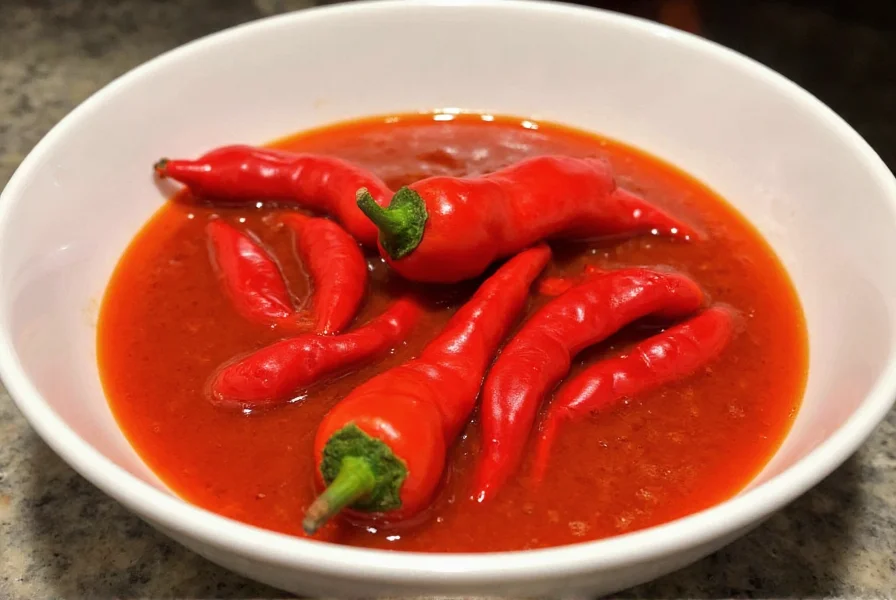
Creative Uses for Chili Pequin
Chili pequin's versatile flavor profile makes it ideal for numerous culinary applications:
- Authentic Mexican Salsas: Add 2-3 chopped peppers to tomato-based salsas for balanced heat and smoky depth
- Meat Rubs: Combine ground chili pequin with cumin, garlic powder, and brown sugar for dry rubs on grilled chicken or pork
- Hot Sauce Base: Blend with vinegar, garlic, and lime juice for a shelf-stable hot sauce with complex flavor
- Vegetable Seasoning: Sprinkle ground pepper over roasted sweet potatoes or cauliflower for spicy depth
- Cocktail Garnish: Infuse simple syrup with dried peppers for spicy margaritas or bloody marys
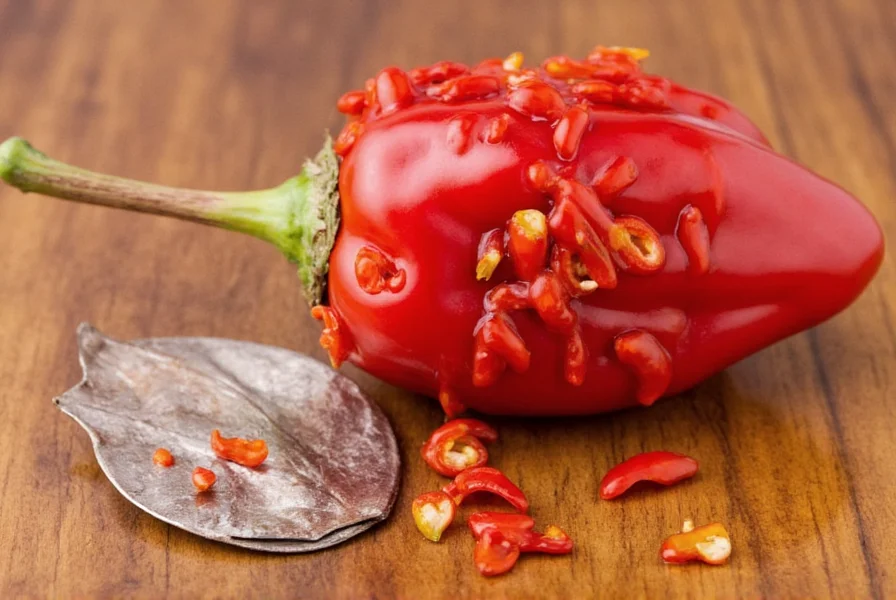
Comprehensive Buying Guide
| Form | Where to Buy | Best For |
|---|---|---|
| Fresh | Latin American markets, specialty produce stores | Immediate use in salsas, garnishes, or fresh preparations |
| Dried Whole | Online spice retailers, Mexican grocery stores | Rehydrating for sauces, grinding into powder, or making infused oils |
| Ground Powder | Major supermarkets, Amazon, Spice Islands | Quick seasoning for rubs, soups, and dry applications |
| Infused Oil | Gourmet food stores, specialty online retailers | Drizzling over finished dishes or salad dressings |
Top recommended brands for consistent quality:
- Spice Islands Chili Pequin Powder: Reliable heat level and vibrant color for everyday cooking
- Penzeys Spices Chili Pequin: Premium quality with rich smoky notes, ideal for specialty dishes
- Goya Whole Dried Chili Pequin: Authentic Mexican brand with consistent flavor profile

Practical Usage Tips
- Handle with Care: Always wear gloves when processing fresh peppers to avoid skin irritation
- Seed Removal: For milder heat, remove seeds and membranes before use
- Storage: Keep dried peppers in airtight containers away from light; fresh peppers refrigerated in paper bags last 1-2 weeks
- Heat Control: Add peppers gradually during cooking and taste frequently
- Counteracting Heat: Dairy products (yogurt, sour cream) or sweeteners effectively balance excessive spice
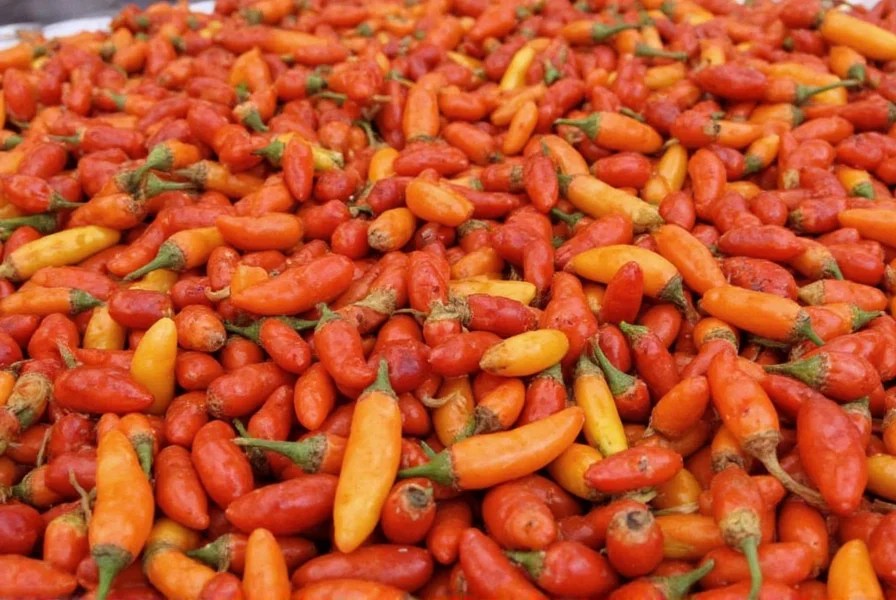
Frequently Asked Questions
What's the difference between chili pequin and tabasco peppers?
Chili pequin is smaller (0.25-0.5 inches) with a rounder shape compared to tabasco's longer, slender form. While both range 30,000-60,000 SHU, chili pequin typically has more complex smoky notes, while tabasco has brighter vinegar-like acidity.
How hot is chili pequin compared to jalapeños?
Chili pequin is 5-20 times hotter than jalapeños (2,500-8,000 SHU). A single chili pequin pepper delivers significantly more heat than a whole jalapeño.
Can I grow chili pequin at home?
Yes! Chili pequin plants thrive in warm climates (USDA zones 8-11) with full sun and well-draining soil. They're perennial in tropical regions but grown as annuals in cooler areas, producing abundant small peppers throughout summer.
What can I substitute for chili pequin if I can't find it?
For similar heat: cayenne pepper (30,000-50,000 SHU). For comparable flavor profile: serrano peppers (fresh) or crushed red pepper flakes (dried). For authentic Mexican dishes, use guajillo powder for milder heat with similar smokiness.
How long do dried chili pequin peppers last?
Properly stored in airtight containers away from light and moisture, dried chili pequin maintains potency for 1-2 years. For maximum flavor, use within 6-12 months. Freezing extends shelf life to 2-3 years.
Why are my chili pequin peppers not turning red?
Peppers naturally ripen from green to red. Lack of sunlight, insufficient growing time, or cool temperatures can delay ripening. Green peppers are edible but have sharper, less developed flavor than fully ripe red ones.
How can I reduce the heat of chili pequin in a dish?
Remove seeds/membranes before use. Add dairy (milk, yogurt), sweeteners (honey, sugar), or acidic elements (lime juice, vinegar) to balance heat. Diluting with more base ingredients also helps.
What's the best way to preserve fresh chili pequin peppers?
For short-term storage: Keep in paper bag in refrigerator crisper (1-2 weeks). For long-term: Freeze whole peppers (retain flavor but become soft when thawed), dry in dehydrator (120°F for 12-24 hours), or infuse in vinegar/oil for shelf-stable preservation.
Conclusion
Chili pequin offers the perfect balance of intense heat and complex smoky flavor for culinary enthusiasts. Whether you're making authentic Mexican salsas, crafting homemade hot sauce, or experimenting with spicy cocktails, this versatile pepper deserves a spot in your kitchen. Remember to handle with care, start small with quantities, and embrace the experimentation process to discover your ideal heat level.
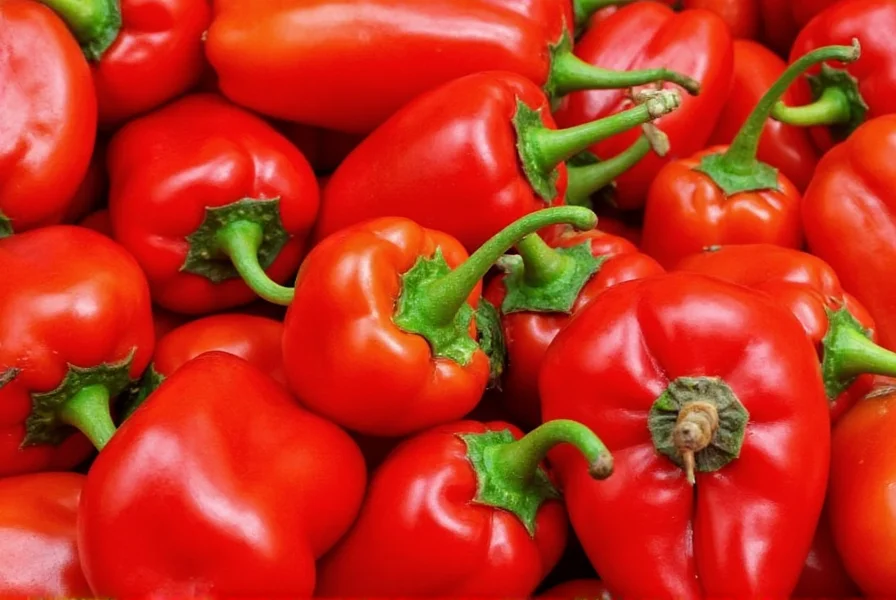

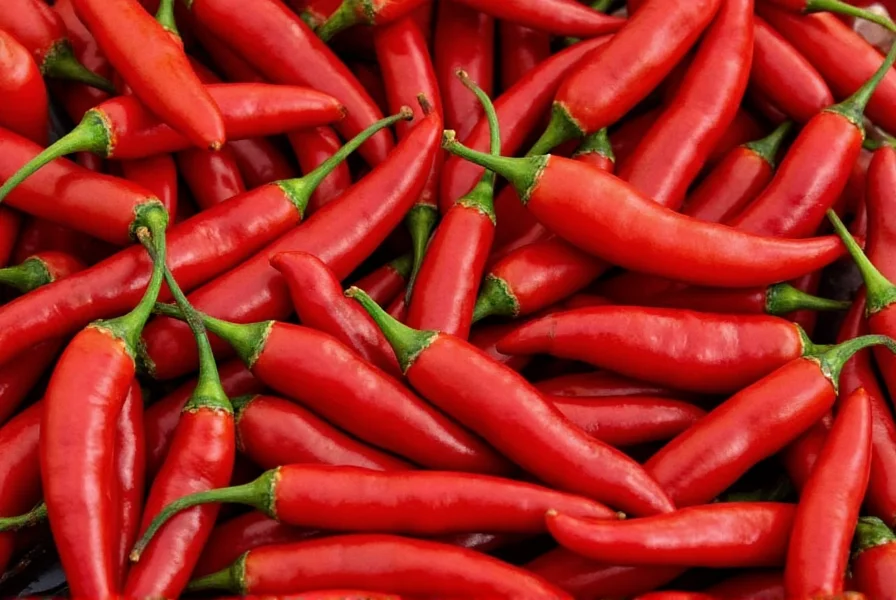









 浙公网安备
33010002000092号
浙公网安备
33010002000092号 浙B2-20120091-4
浙B2-20120091-4